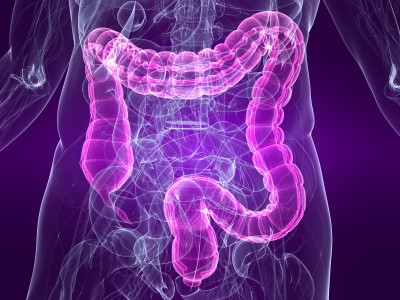Irritable bowel syndrome (IBS) is a term used to describe recurrent abdominal discomfort that is associated with a change in stool frequency or appearance when it begins. The discomfort may also improve with a bowel movement. Individuals with IBS can experience associated bloating, gurgling of the gut, feeling of incompletely evacuating after a bowel movement, or the passage of mucus in the stool. IBS with diarrhea (IBS-D) is a specific type of IBS in which an individual has loose or watery stools at least 25% of the time and hard or lumpy stools less than 25% of the time. IBS-D can be caused by problems with motility through the GI tract, increased sensitivity to GI sensations, altered bacteria within the bowel, and poor regulation of the brain-gut connection.

 5826 Fayetteville Rd., Suite 201 Durham, NC 27713
5826 Fayetteville Rd., Suite 201 Durham, NC 27713  (919) 246-5611
(919) 246-5611 